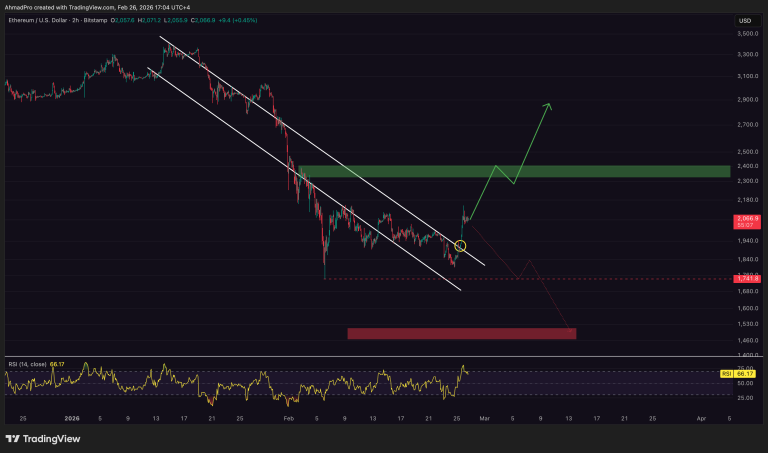
Money experts have issued an urgent warning saying that thousands of older Britons are “only receiving a fraction of full” state pension payments.
The new analysis has revealed that only around half of claimants on the new state pension got the full amount per week – with some 150,000 being on less than £100 per week.
The full payment for 2024/25 comes to £221.20 which is a slight rise from last year’s £203.85 weekly amount. This is due to the annual triple lock hike to pensions.
The insurance firm Royal London said that 1,737,342 of 3,407,567 people receiving the new state pension received the full weekly amount in 2023, based on calculations using Department for Work and Pensions (DWP) data.
To receive the full amount from the DWP, pensioners need to have had 35 years of National Insurance contributions.
Those pensioners with less qualifying years receive a smaller sum.
But according to Royal London’s report 149,317 pensioners who had reached state pension age by April 2016 were getting less than £100 a week from the retirement benefit.
It also revealed 17,546 pensioners were receiving less than £20 a week and that 5,677 people were receiving less than £10 a week.
The new state pension system was introduced in 2016 and many have other sources of income alongside the state pension – including workplace or private pensions.
Royal London said a survey they conducted revealed that one in five people aged 66 and over were living on the state pension alone.
Pensioners on low incomes may be entitled to claim pension credit which can top up their incomes. The DWP has recently launched an awareness drive to boost take-up.
Meanwhile, people approaching state pension age have been warned they may have to wait longer than expected to claim their payments.
Legislation is in place for the state pension age to increase in stages from the current 66 up to 67 between 2026 and 2028 and then to 68 between 2044 and 2046.
But Neil Rayner, head of Advice at wealth firm True Potential, has cautioned people planning for their retirement that the DWP‘s timetable could change.
He explained: “Current Government legislation means that the state pension age will rise to 68 as soon as 2044, but this may be misleading.
“Governments have moved the goalposts for the state pension multiple times. In 2011 many women were caught out by a legislation change which created a five-year increase in their retirement age.
“Again in 2014 they brought forward the increase to the state pension age to 67 by about ten years to occur between 2026 and 2028, instead of the 2034-2036 period previously planned.”
Experts recently warned that the state pension age may have to go up to 71 by 2050.
Mr Rayner said that given the Government’s previous changing position, “it is possible we could see the state pension reach 70 before 2050.”


















